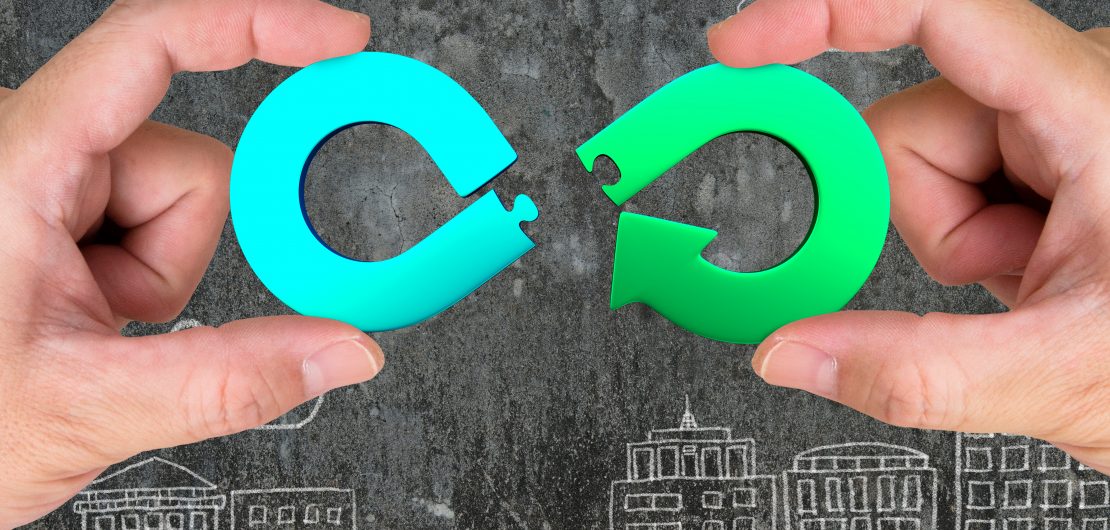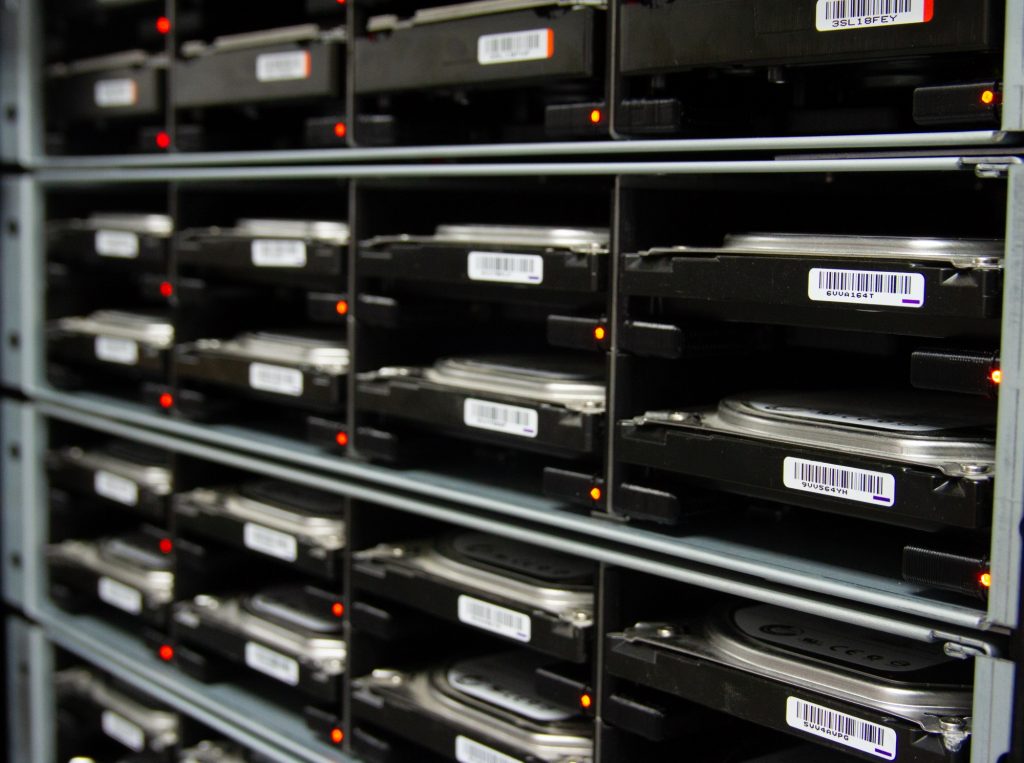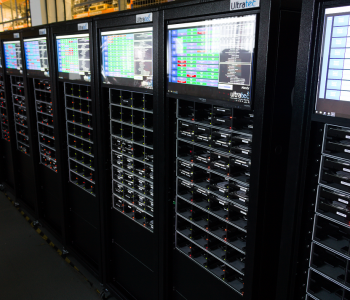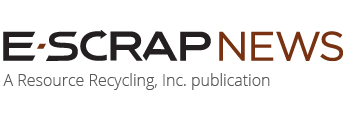 Technology
Technology
“Let’s not focus on the ‘r’ word, within a…
When discussing key attributes and intricacies within a Circular Economy the word that is bounded around more than any other is ‘Recycling’. While recycling is a component of the Circular Economy, it should be by default the last and final by-product, and thus its status should be very much last in the conversation.
The dialogue that should precede the ‘R’ word should include such topics as; ‘Circular Design’, ‘Reuse’, ‘Rental’ and ‘as a Service’ or ‘subscription’. Thankfully, global manufacturers are starting to consider these key objectives when developing products and services. Questions such as; how can product design best compliment a circular economy and deliver sustainability with minimal impact on the environment are paramount.
As a smaller manufacturer, at Ultratest Solutions we still asked ourselves that very same question. Let us look at how this steered our product development and philosophy when designing Genesis.
By the nature of our solution, Genesis is designed to enable the reuse of millions of Hard Drives & SSDs, rather than condemning them to the shredder and subsequently the waste stream. All-be-that fantastic, we are still talking about the ‘R’ word or at best reuse & product upcycling.
We took the decision to develop our solution based on a ‘Rental’ and ‘Subscription’ model, so why? Typically, one-off sales of product tend to be linear. Products are sold and when no longer needed tend to be scrapped or hopefully repurposed. Therefore, by working on a rental and subscription basis, we as the manufacturer, have understanding of where our products are and when a customer no longer requires the solution we have the ability to recall the hardware so that we can refurbish, update and re-deploy with a new client. The subscription element is also crucial, as without it the product has no function, even should the product fall into the wrong hands, without our knowledge or consent, they would have to contact us enable functionality and bring any value back to the solution. Thus enabling us to keep control of it use and lifespan.
Initial design and production methods are taken into account when developing solutions. Genesis is designed in a modular format. Where possible, non-proprietary products have been utilised, so that in the event a particular piece of equipment being no longer required, it can be repurposed for general use, outside of our intended application.

Initial design and production methods are taken into account when developing solutions. Genesis is designed in a modular format. Where possible, non-proprietary products have been utilised, so that in the event a particular piece of equipment being no longer required, it can be repurposed for general use, outside of our intended application.
Proprietary components of the solution have been designed in a method whereby individual components can be upgraded while retaining the highest number of standard components, such as metal chassis and drive load bays etc.
Since we lease our solutions and the customer is not the owner of the equipment, it is very easy to run client upgrade programs when required, as we have knowledge of the locations and ownership of the product.
This approach is far from being unique, but is generally rare for a small to medium size manufacturer. However, it is a model that can be adopted by many and would greatly support the achievement a more sustainable existence.
We are happy to talk about our experiences and challenges, so please do feel free to make contact.

